I saw that they wanted to kill the past. When we are old, we let it die; when we are young and strong, we kill it
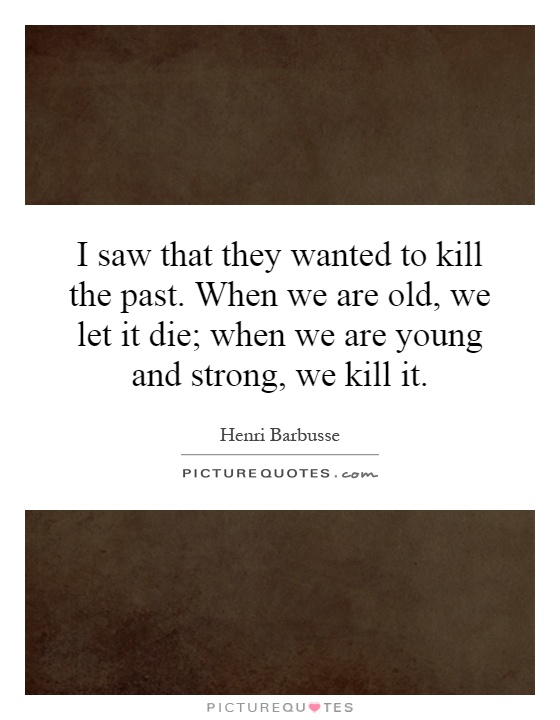
I saw that they wanted to kill the past. When we are old, we let it die; when we are young and strong, we kill it
Henri Barbusse, a French writer and journalist, is best known for his anti-war novel "Under Fire" which vividly depicts the horrors of World War I. In his works, Barbusse often explores the themes of memory, history, and the impact of the past on the present. The quote "I saw that they wanted to kill the past. When we are old, we let it die; when we are young and strong, we kill it" can be interpreted in the context of Barbusse's writings as a reflection on the ways in which individuals and societies deal with their past.Barbusse's observation that "they wanted to kill the past" suggests a desire to erase or forget the events and experiences that have shaped us. This can be seen as a form of denial or avoidance, a refusal to confront the difficult truths of history. When we are old, Barbusse suggests, we may simply let the past die, allowing it to fade away as we focus on the present and the future. This can be a natural part of the aging process, as we may become more focused on the present moment and less concerned with the events of the past.
On the other hand, when we are young and strong, Barbusse argues that we may actively seek to "kill" the past. This can be interpreted as a more aggressive form of denial, a deliberate attempt to erase or rewrite history in order to fit our own narratives or agendas. This can be seen in the ways in which societies may seek to suppress or distort the past in order to justify their actions or beliefs.
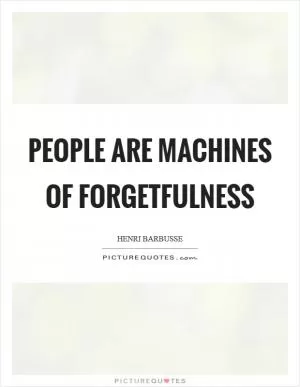
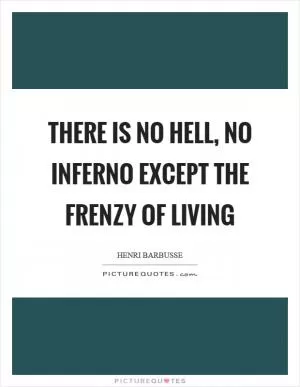
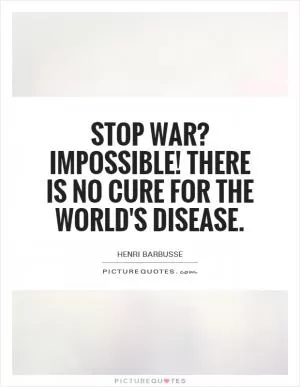
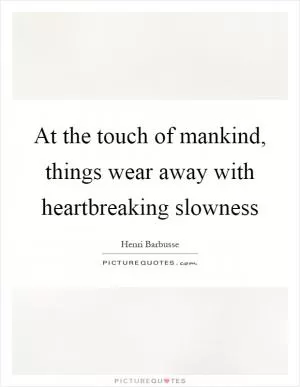
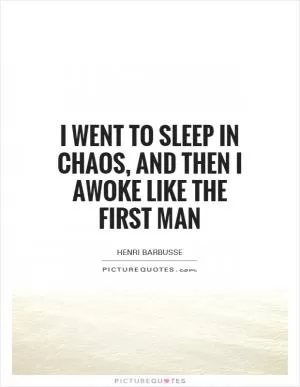
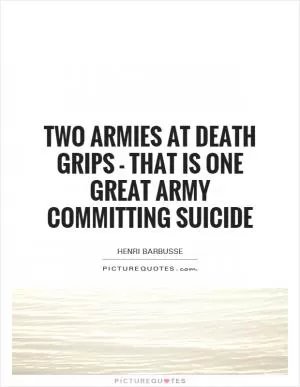
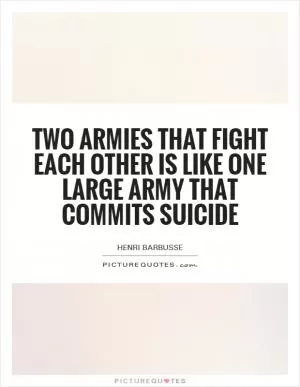

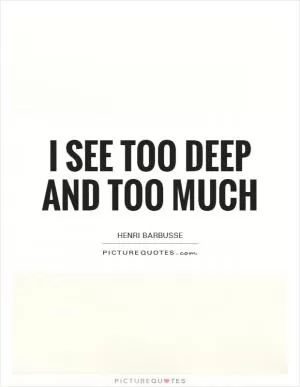
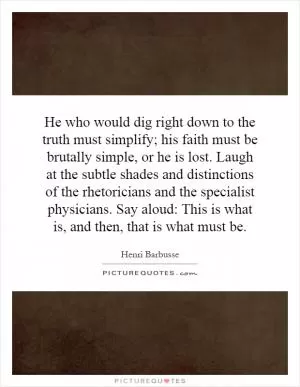
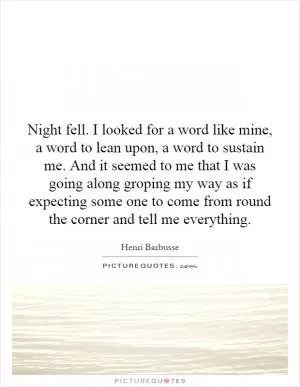
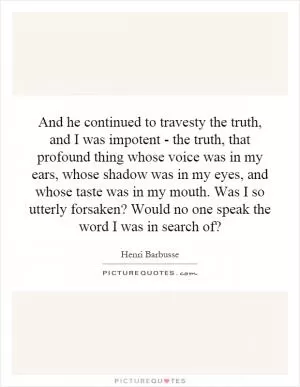
 Friendship Quotes
Friendship Quotes Love Quotes
Love Quotes Life Quotes
Life Quotes Funny Quotes
Funny Quotes Motivational Quotes
Motivational Quotes Inspirational Quotes
Inspirational Quotes